Malaysia’s recent requirement for Chinese tourists to provide proof of sufficient funds has sparked discussions within the travel industry. While the policy aims to ensure visitors can support themselves during their stay, it has raised concerns among travelers and businesses reliant on tourism. As a result, many are exploring alternative solutions that balance security with accessibility.
The deposit proof mandate, though not uncommon in international travel, presents a hurdle for some Chinese tourists who may not carry large amounts of liquid assets. Instead of relying solely on bank statements, travelers could consider presenting proof of prepaid accommodations and flights. Many hotels and airlines offer fully refundable bookings, which can serve as evidence of financial preparedness without requiring immediate cash reserves.
Another approach involves leveraging creditworthiness through internationally recognized credit cards. Premium cards with high limits, such as those under Visa Infinite or Mastercard World Elite, often come with income verification processes that indirectly confirm the holder’s financial stability. Submitting these card details alongside travel itineraries might satisfy immigration requirements while offering convenience.
Travel insurance with substantial medical and repatriation coverage could also function as a financial safeguard. Comprehensive policies from reputable providers demonstrate a traveler’s ability to handle emergencies, reducing the perceived risk for host countries. Some insurers even offer documents specifically tailored for visa applications, listing coverage amounts in lieu of traditional bank proofs.
Frequent travelers might benefit from establishing a relationship with Malaysian financial institutions prior to their trip. Opening a local bank account with a modest deposit—if permitted under tourist visa regulations—could create a verifiable financial footprint within the country. This approach mirrors strategies used by snowbirds and long-term visitors in other nations.
Tour operators and agencies specializing in Malaysian travel packages are developing bundled solutions. These include verified itineraries with prepaid components that collectively demonstrate sufficient funding. Group travel arrangements often carry inherent financial safeguards that individual applications might lack, presenting another pathway for compliance.
The digital nomad community has pioneered alternative verification methods through income documentation. Freelancers and remote workers can provide client contracts or payment histories from platforms like Upwork or PayPal. While not traditional bank statements, these records showcase consistent earnings that support travel expenditures.
Malaysian authorities have shown willingness to consider various forms of financial evidence, provided they meet the underlying objective of ensuring visitors won’t become a burden. Travelers should prepare multiple documentation types and be ready to explain how each demonstrates their financial capacity. Clear communication with immigration officials often proves as valuable as the documents themselves.
As the situation evolves, industry observers note that reciprocal agreements between Chinese and Malaysian financial institutions could streamline the process. Digital verification systems that allow secure, temporary access to financial information might eventually replace physical documents. Such systems would maintain security while reducing bureaucratic hurdles for legitimate travelers.
The tourism sector continues to adapt to these changing requirements, with innovative solutions emerging regularly. While the deposit proof policy remains in effect, its implementation appears flexible enough to accommodate various legitimate alternatives. Travelers willing to research and prepare stand to benefit from Malaysia’s diverse attractions without unnecessary financial constraints.

By Emily Johnson/Apr 11, 2025

By William Miller/Apr 11, 2025

By Benjamin Evans/Apr 11, 2025

By Grace Cox/Apr 11, 2025

By Amanda Phillips/Apr 11, 2025

By James Moore/Apr 11, 2025

By Natalie Campbell/Apr 11, 2025
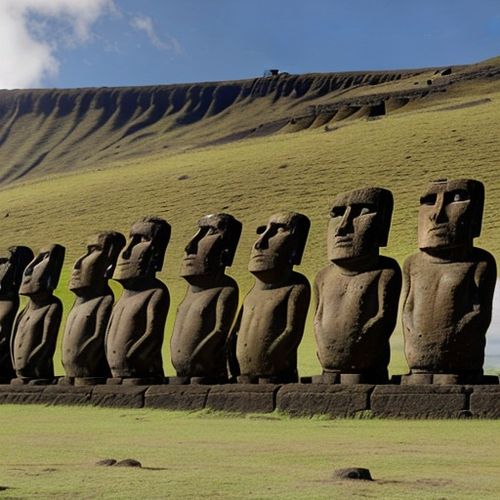
By Eric Ward/Apr 11, 2025

By James Moore/Apr 11, 2025
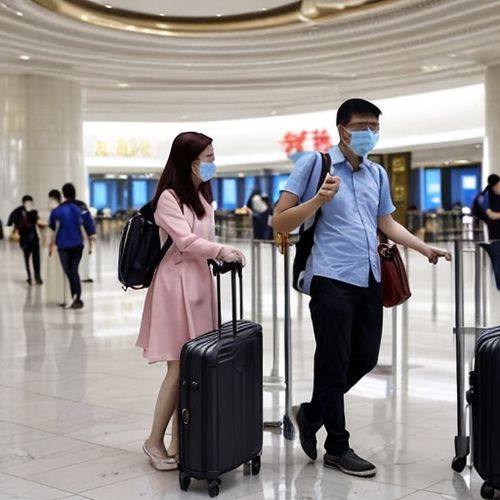
By Emily Johnson/Apr 11, 2025
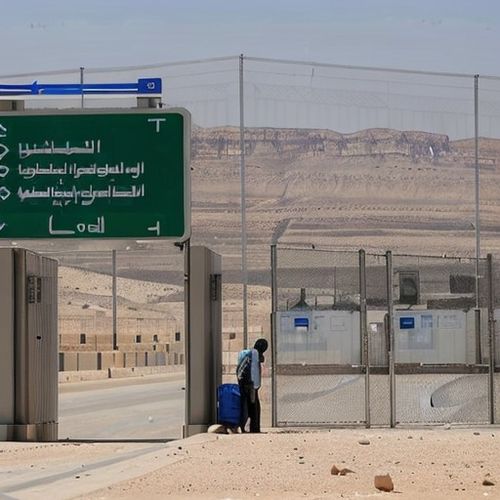
By Christopher Harris/Apr 11, 2025

By Michael Brown/Apr 11, 2025
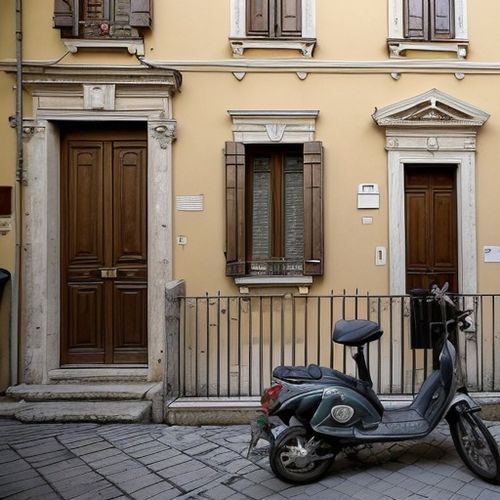
By Rebecca Stewart/Apr 11, 2025
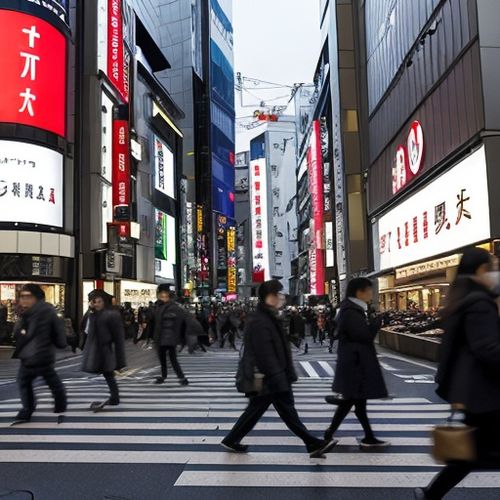
By John Smith/Apr 11, 2025
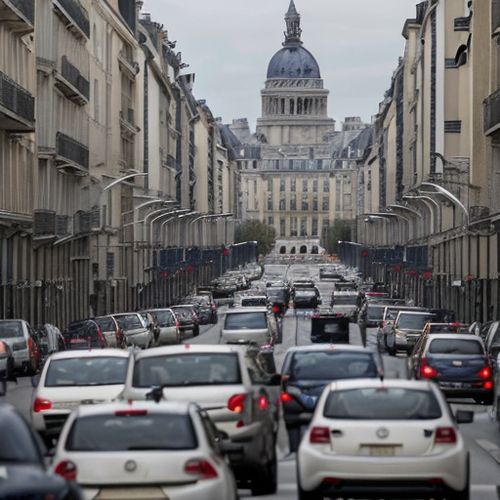
By Natalie Campbell/Apr 11, 2025

By Emily Johnson/Apr 11, 2025

By John Smith/Apr 11, 2025

By Michael Brown/Apr 11, 2025

By Amanda Phillips/Apr 11, 2025

By Joshua Howard/Apr 11, 2025